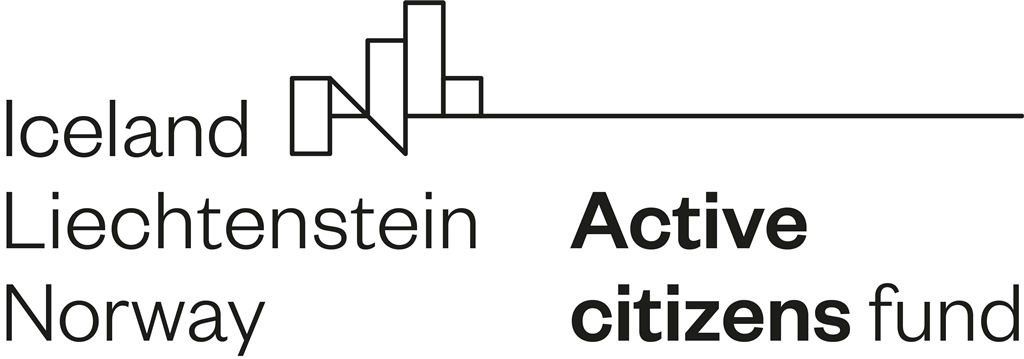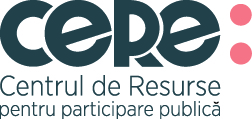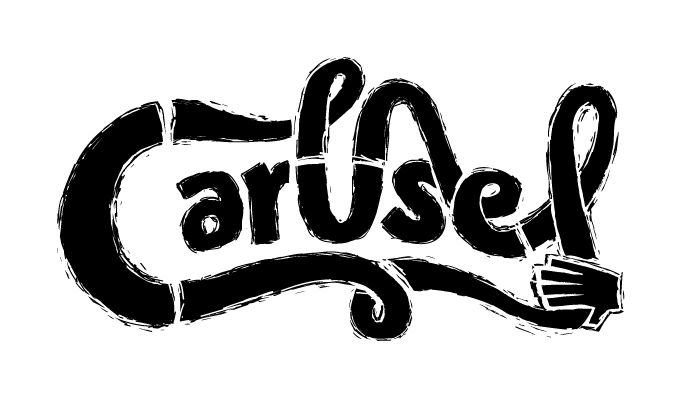
The voice of citizens without shelter
“Working together for a green, competitive and inclusive Europe”
About the expectations that we had at the start of the project “The voice of citizens without shelter” in an interview with Oana Preda, project manager and executive director of CeRe. In the interview we talk about what we hope to accomplish through the process of community organizing with people without shelter, the necessity of combing this method with the services that our partners from Carusel Association offer and the challenges that we expect to face.
This summer we started the mapping of the needs of the people without a shelter through one on one discussions – part of the process of confronting expectations with reality.
1. Where do you think that the experience of CeRe and that of Carusel Association intersect in the support of people without shelter?
I think that what we do comes in completion with what Carusel does and it all comes together like a puzzle. We come with the tools for community organizing and advocacy and our colleagues at Carusel come with the direct services.
The theory says (and practice fully confirms) that if you don’t have a minimum of comfort and basic needs it is very hard to participate, even if participating is about your rights and wellness. In this sense, we could not manage without Carusel because we don’t know how and we don’t plan to offer social services.
At the same time, the topic of poverty must be tackled by the state. From the perspective of our mission and values, it is unacceptable that the fate of people should rely on services that are provided by NGOs. Here comes our experience and our interest to work with people in way that makes their voices heard by state institutions.
Beyond this complementarity, I think that we cross paths with Carusel because both of us believe in the right to dignity and in solidarity.
2. What do you think will be different, from the perspective of CeRe, in the way we work with people, authorities and the larger public?
In the community organizing that we do we will use as an example the work that we did in Bucharest and other cities but we are ready for a totally different experience as well. As regards to the people, we are aware that we have much more work to do and that those who were put through a lot by life are much less prepared in knowing and using their rights.
I think that the first step is to work on the self-esteem of people and to make them assume the identity of a citizen who has the right to be listen by the public institutions. I think that our expectations are more reserved than in other projects of community organizing because we start to understand the mechanisms of poverty and the different sort of problems that create barriers to participation.
Regarding our approach when it comes to institutions, this will also be a difficult process because extreme poverty is not a very popular topic. The “anti-poverty” rhetoric is dominant at the political level as well as at the societal level. To take the topic of people without shelter in front of people who think that the solution to poverty is to get another job, will not be an easy thing to do.
When it comes to the larger public, I think that we will go “one by one”. We do not think that we will change mentalities but we think that we will find allies that will understand that everyone has the right to have their voices heard and that this is a topic which the state needs to tackle. In any case, when it comes to communication, we don’t want to create pity, we want to create respect.
3. What is the change that you want the most to happen when the project is over?
It is hard to see thinks in terms of “when the project is over”
For sure a community organizing process of less than 2 years (as we have planned at the moment) cannot make miracles from the perspective of the voices of persons without a shelter or from the perspective of the response that the state will have for their problems. But beyond the results that we will have during the project, we wish to have the capacity and resources to continue this work in the future. I am sure that we will manage to contribute to the increase of self-esteem of those with whom we will work, I think that we will help to make their voices better heard and even to obtain some concrete measures that could make their life a little better. It’s not by chance that our project is named “The voice of people without shelter”.
Project by:


“The project is implemented by CeRe: Resources Center for Public Participation in partnership with Carusel Assocaiton and benefits from financial support from the Active Citizens Fund Romania, program financed by Iceland, Liechtenstein and Norway through the SEE 2014-2021 Grants. The content of this website does not necessarily reflect the position of the SEE and Norwegian 2014-2021 Grants. For more information, access www.eeagrants.org.
*CeRe support groups and organizations regardless of their cause. However, we will not support causes that contradict our values: diversity, equity, equality, courage, solidarity, trust, participatory democracy.

